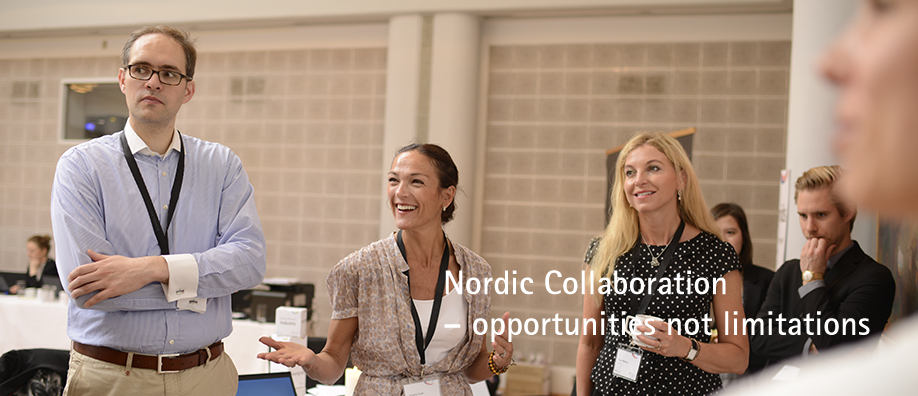
Leading experts gather to discuss new possibilities for Nordic cooperation
According to the IEA’s Nordic Energy Technology Perspectives , Nordic cooperation will play an important role in the countries meeting their energy and climate targets for 2050. On the 12th –…
According to the IEA’s Nordic Energy Technology Perspectives , Nordic cooperation will play an important role in the countries meeting their energy and climate targets for 2050. On the 12th – 13th June, 50 leading experts gathered at the Nordic Energy Way Arena in Copenhagen to discuss how this cooperation could take shape.
Opportunities not limitations
An important question facing the participants was; “What are the main challenges in joint Nordic Energy R&D cooperation?” The most cited challenge was a lack of common understanding as to what is needed and how it should be achieved.
However, the different approaches of countries to promoting low-carbon energy technologies, and the lack of common guidelines were not seen – as one delegate pointed out – as a limitation but an opportunity to work together. Another delegate emphasised that the time has come for going from scenarios to action.
6 critical topics for collaboration
The experts discussed common Nordic R&D solutions to 6 critical topics, which were based on the main challenges outlined in the IEA’s report:
- Carbon Capture and Storage
- Buildings
- Industry
- Transport
- Bioenergy supply
- Smartgrids
Unique solutions for future cooperation
The solutions emerging from the intense group work included a number of proposals for highly innovative and targeted Nordic cooperation initiatives. Examples included a Nordic programme for the energy efficient renovation and system integration of neighbourhoods, and an environmental labelling scheme for energy-intensive industrial products, and a common Nordic programme to increase the bioenergy productivity of forests.
Nordic Energy Research and the participating institutions of the Nordic Energy Way Arena will follow up on these proposals, which could inspire new cooperation forms that help the region towards carbon-neutrality in 2050.
